Petros Koublis was born in 1981 in the city of Serres in Greece. His relationship with photography started in 2000, after having dedicated his adolescent years in painting, he began practicing and following classes. Petros studied photography in an Athens’ institute and he participated in a series of seminars on the history of photography. During this time he was developing his own photographic style through constant personal exploration. In 2004 Petros began his professional career as a photographer. He has been constantly working on personal projects alongside his commissioned work and pushing his personal style and aesthetics further. His work has been exhibited in solo and group exhibitions as well as having been published in magazines such as The British Journal of Photography, European Photography, Esquire Russia, and many other art & design platforms around the world. Petros’ first book, entitled INLANDS, will be published by Black Mountain Books within the next couple of months. Today we share Petros’ wonderful series titled In Landscapes.
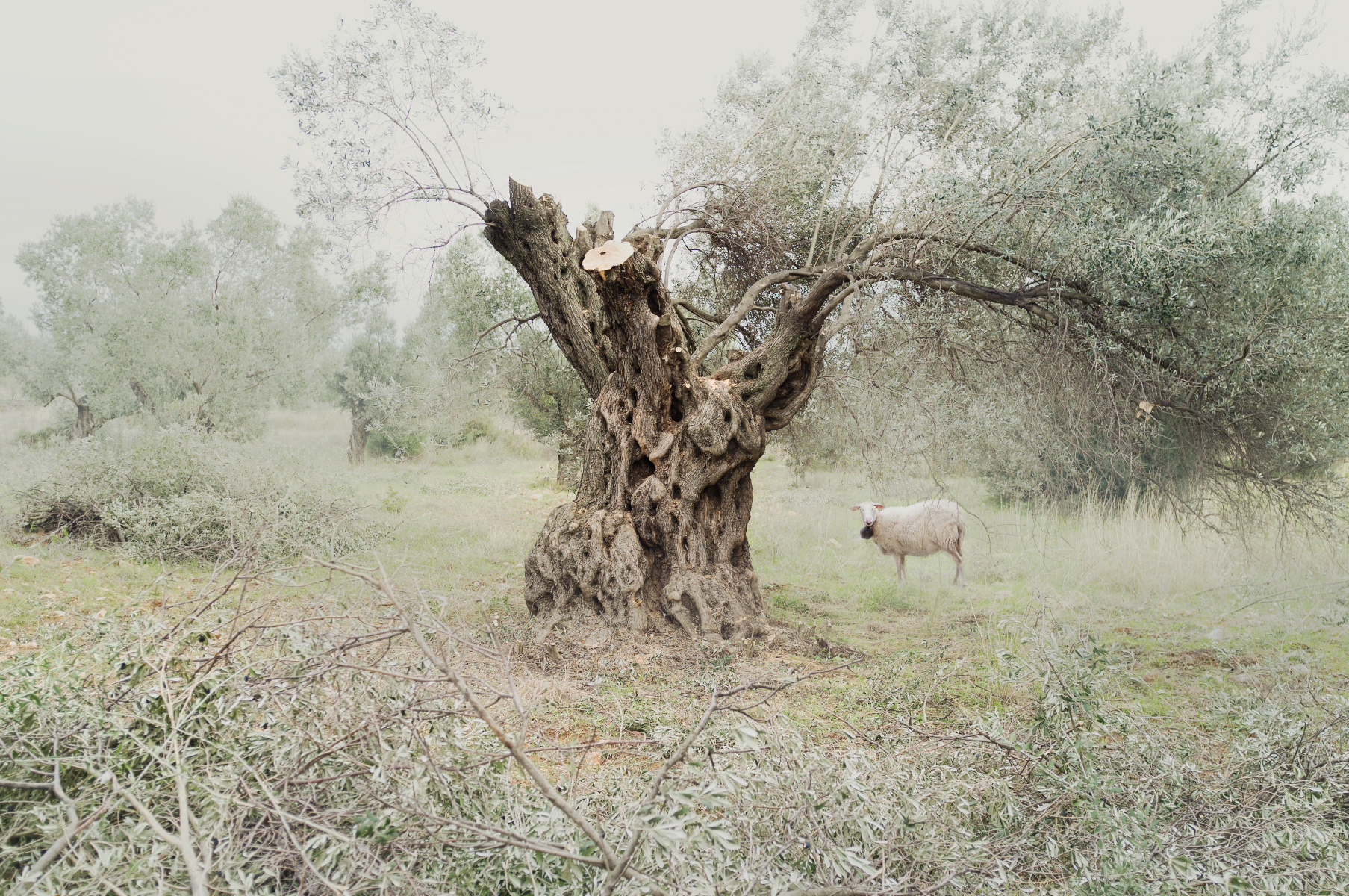
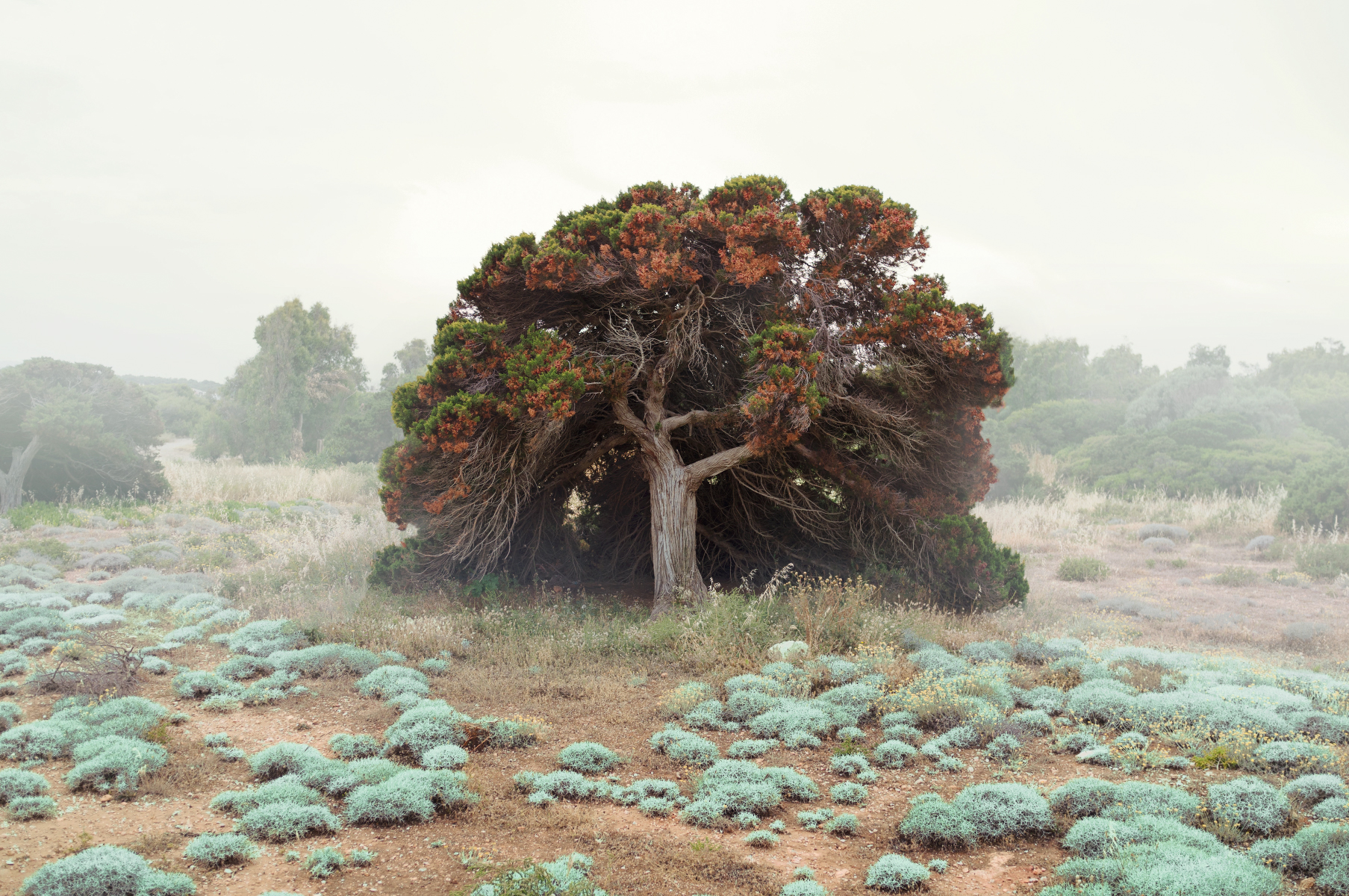
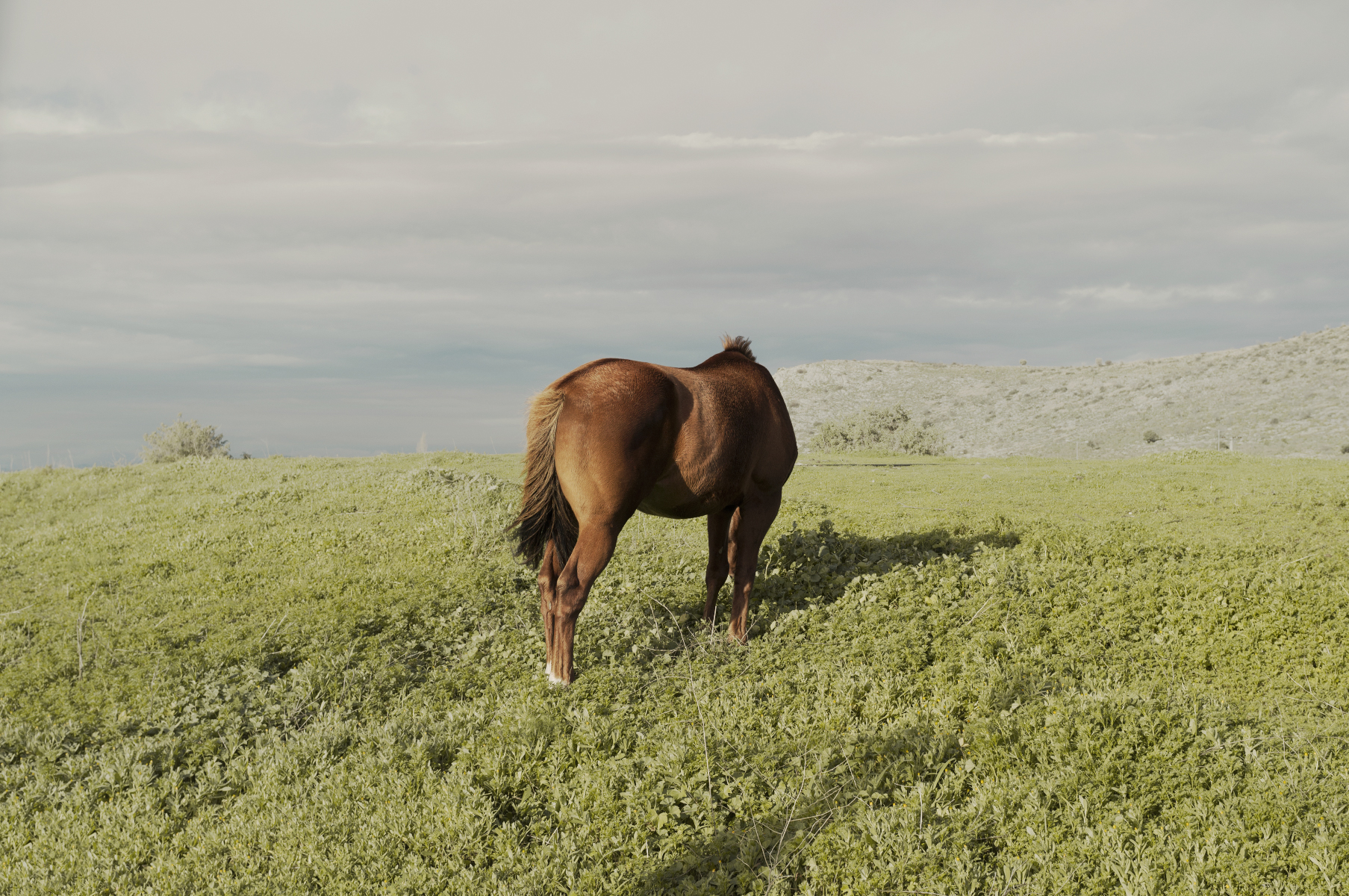
In Landscapes
“The area that surrounds Athens is composed by a certain antithesis, as the vast urban surface meets with the countryside. Surrounded by the silence of centenarian olive groves, meadows, mountains and seas, the city today struggles to carry the weight of its own existence, facing a rather tough and tense present. This is a prolonged silence that seems to surround the loud and desperate cry that comes out of the capital city.
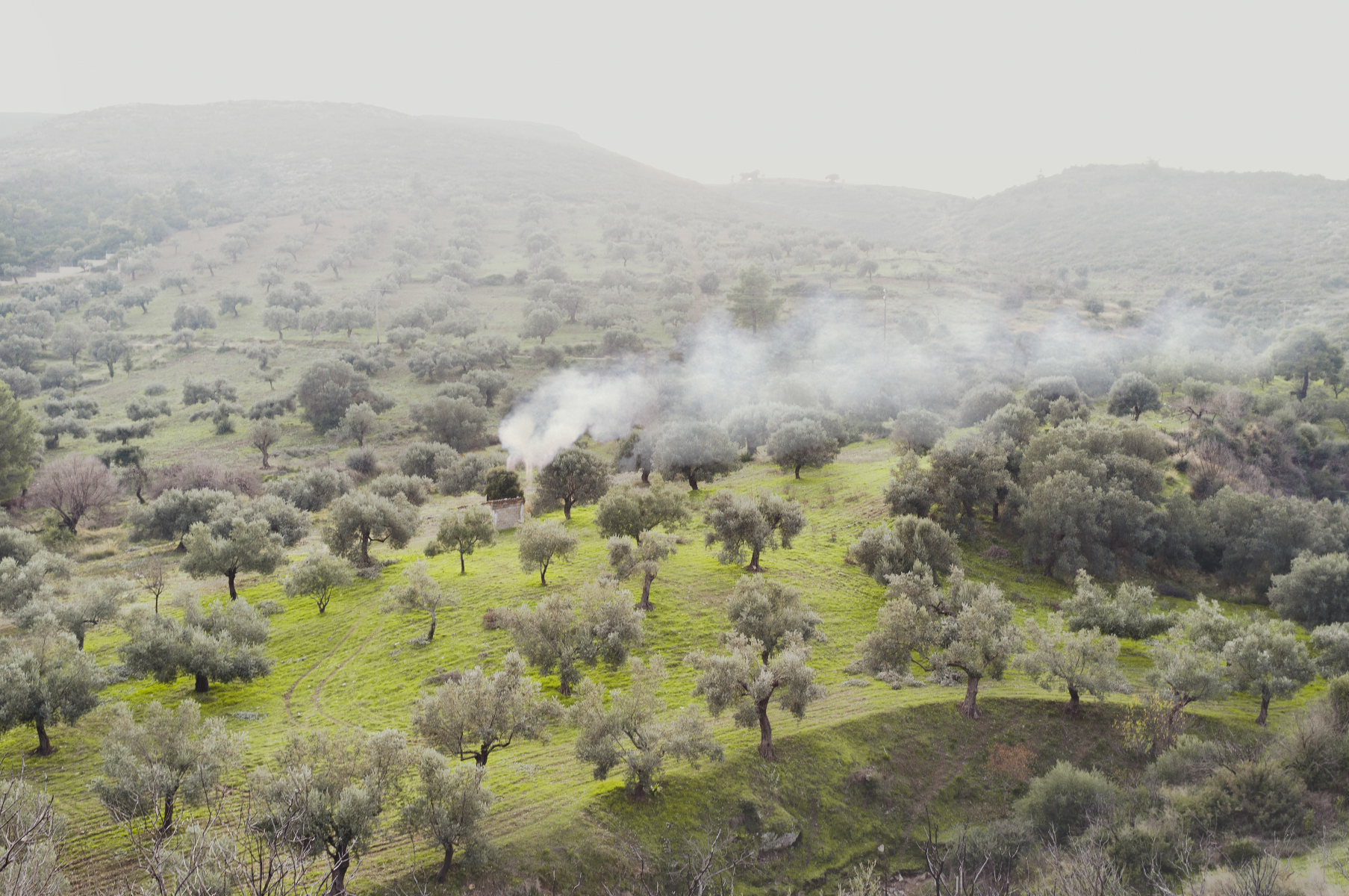
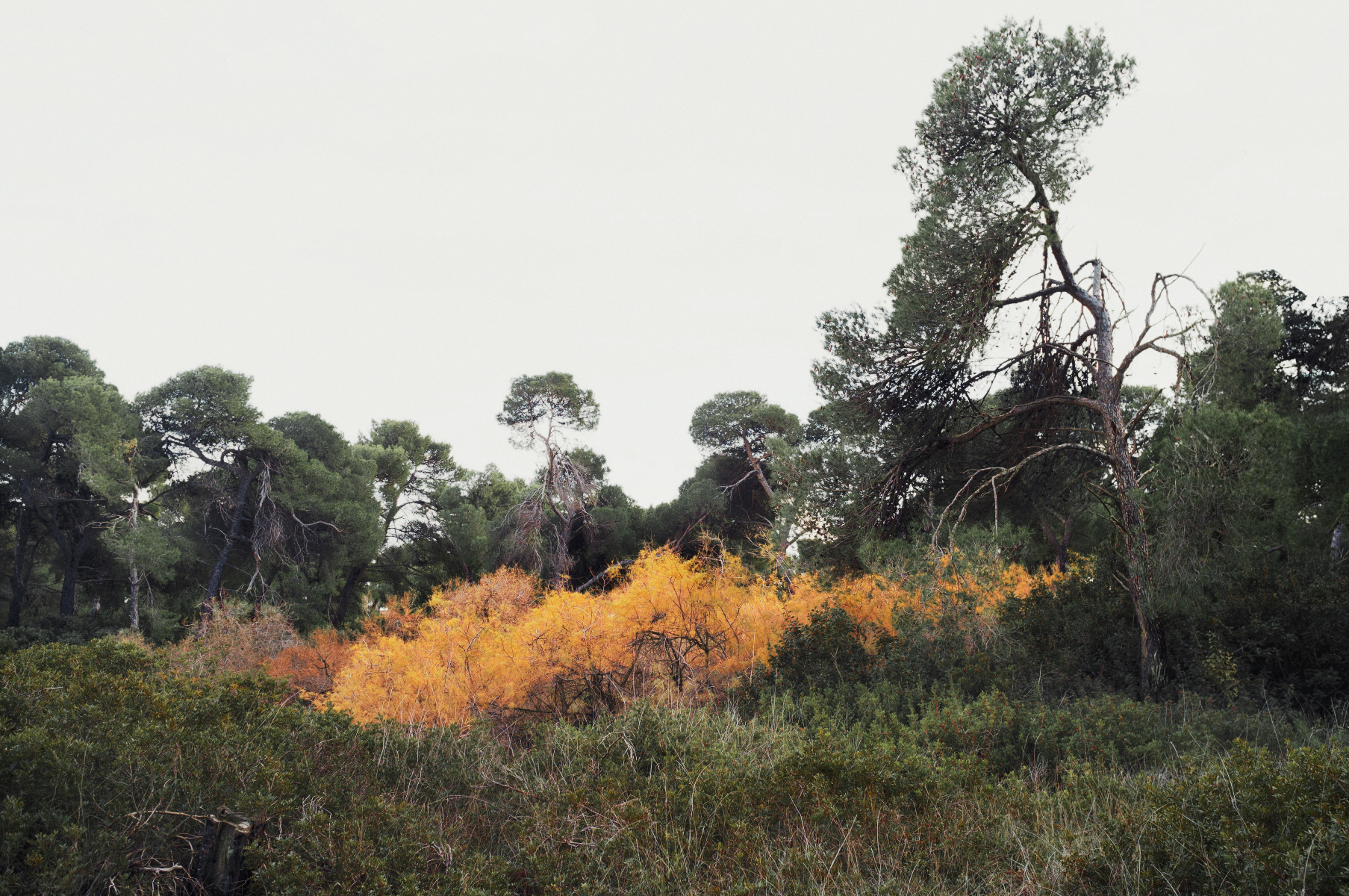
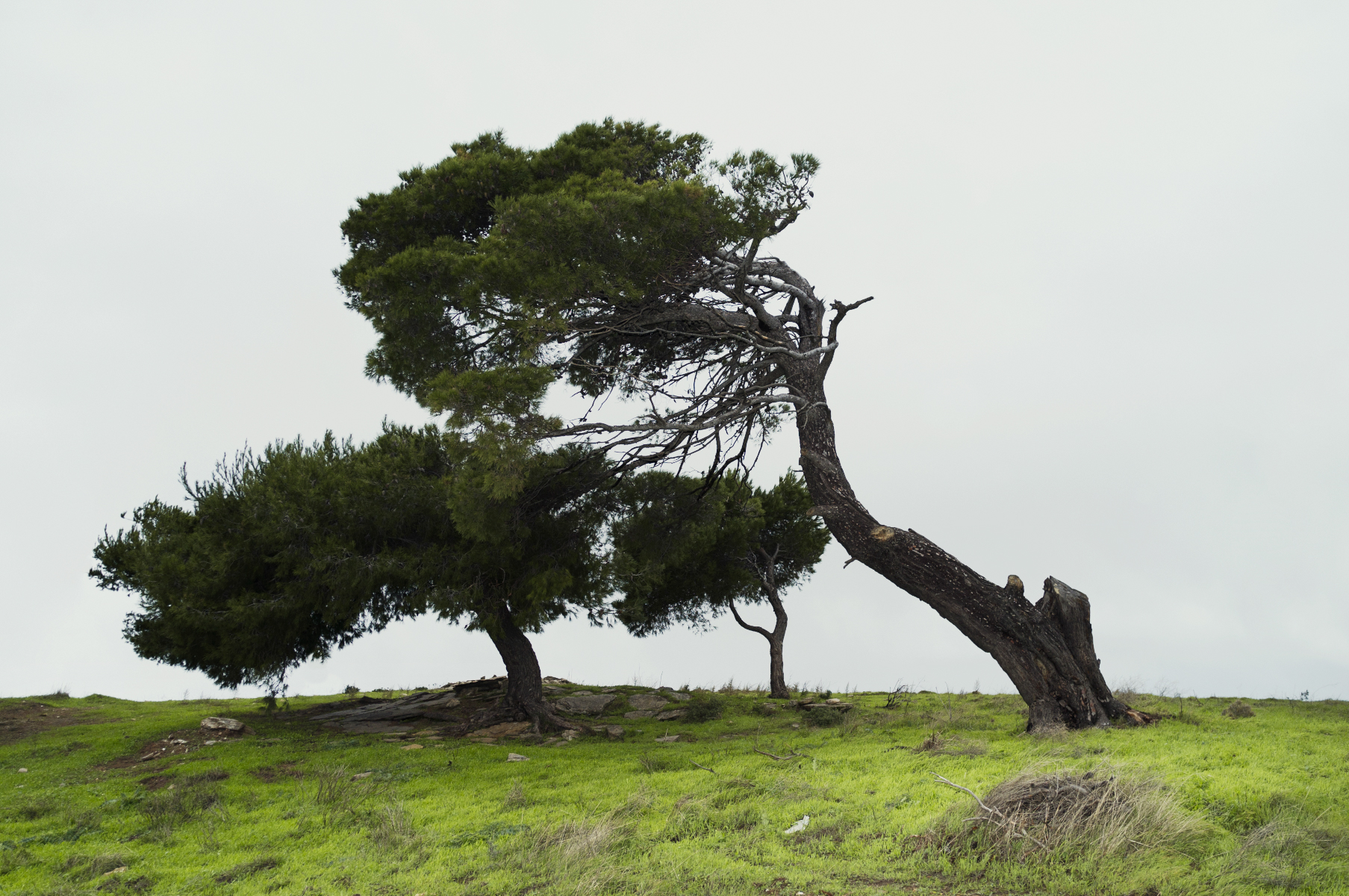
With more than 4 million people living today in Athens’ metropolitan area, the city itself is a controversial image of its own, sketched by the difficult palpable reality that everyday an increasing number of people have to face. It is a depression that gradually influences every aspect of life, economically and psychologically, in quite a dramatic and absolute way, as the consequences of this crisis are extending and the agony for tomorrow is constantly growing. Around the world, images of graphic violence, extensive riots and distressing poverty have been transmitted by the media, enhancing the depressed portrait of the city. The center of Athens has been the main scenery of the crisis that this country is going through and the drama in the streets of the city provided a visual narrative for the Greek Crisis chronicles.
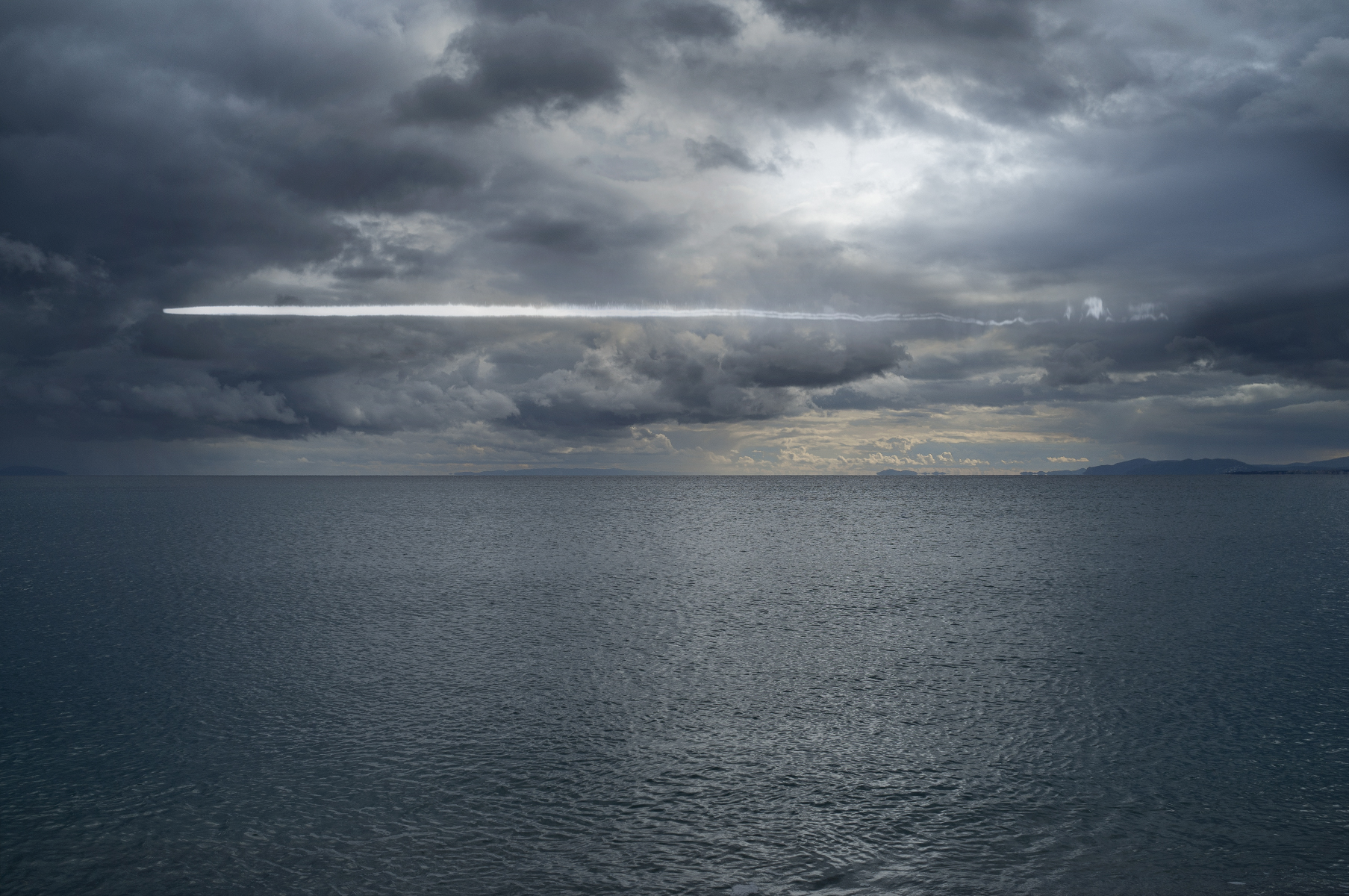


The images of this project were made around the outskirts of Athens, less than 30 miles away from the heart of the capital. It is the area that surrounds the depressed city and all the millions of its citizens’ individual stories. Outside the invisible borders of the extended metropolitan area, in the land that lies past the edge of the city, time seems to move parallel but in a different density. There is an inevitable contrast between the two states, a parable manifested by the discreet mystery that trees seem to hide among their branches and seas among their waves. This is an alternate state in parallel time, where silence seems to carry inside it a waiting, patiently whispering a long forgotten language. I worked on a series of images that were aiming to express this undefined, mystical presence that wanders around these areas, a lost connection between us and a beauty that regardless of its obvious magnificence it always remains far, strange and unfamiliar, hidden behind an unreasonable mystery. For it’s not only nature, eventually it is beauty itself that has lost its intimate character, overtaken by the values of an artificial illusion that’s reflected through our collapsing cities.
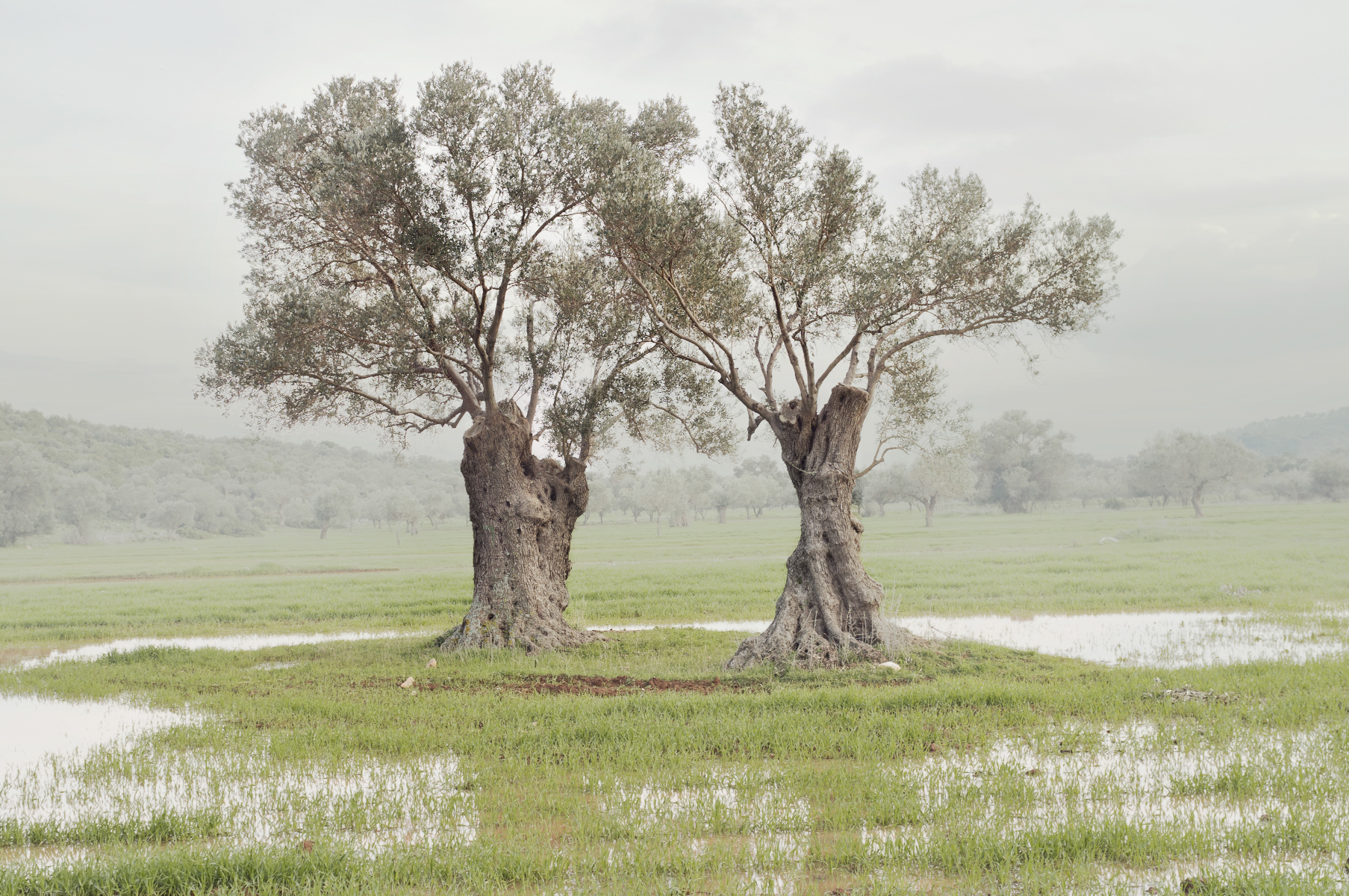
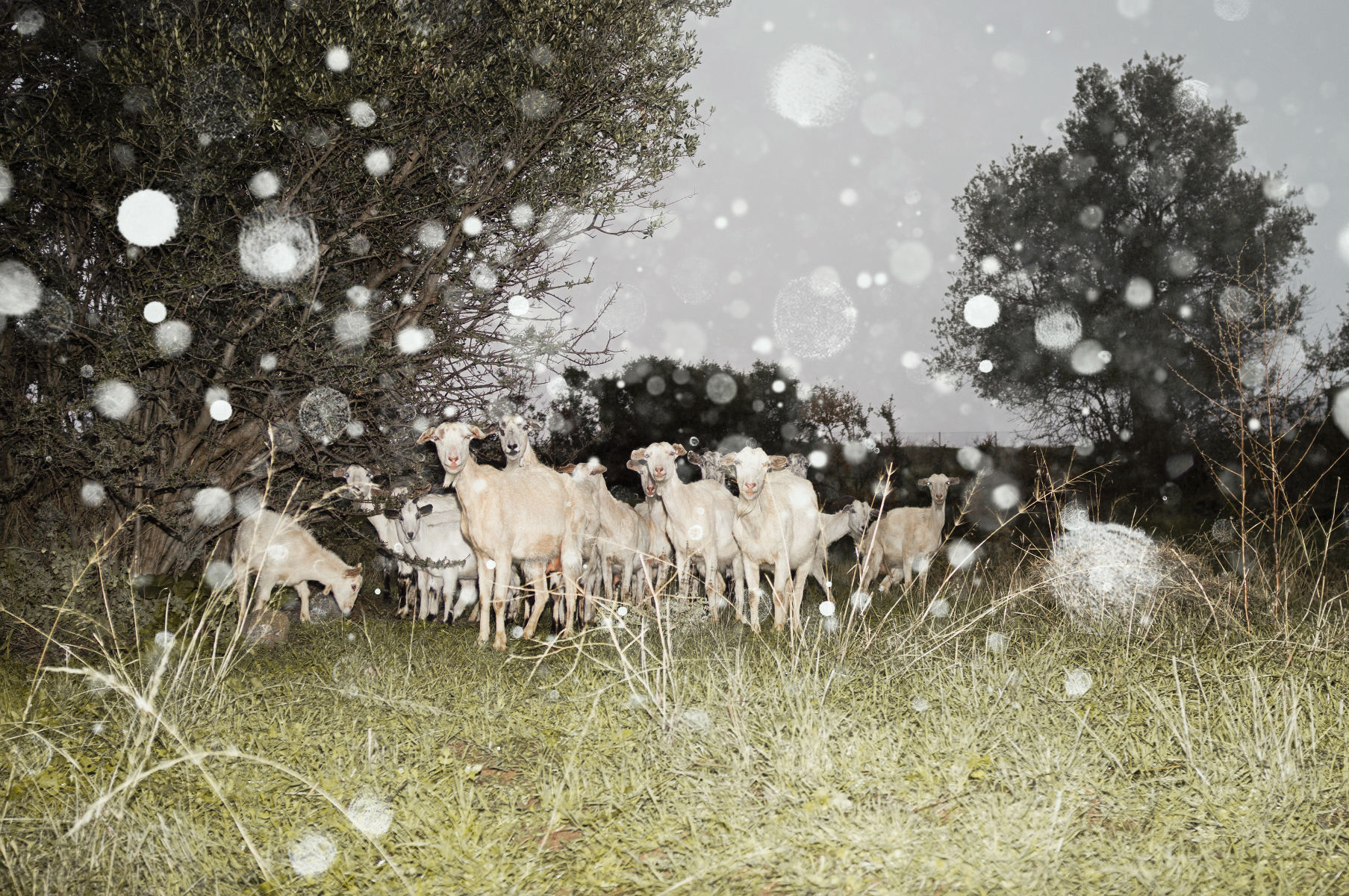
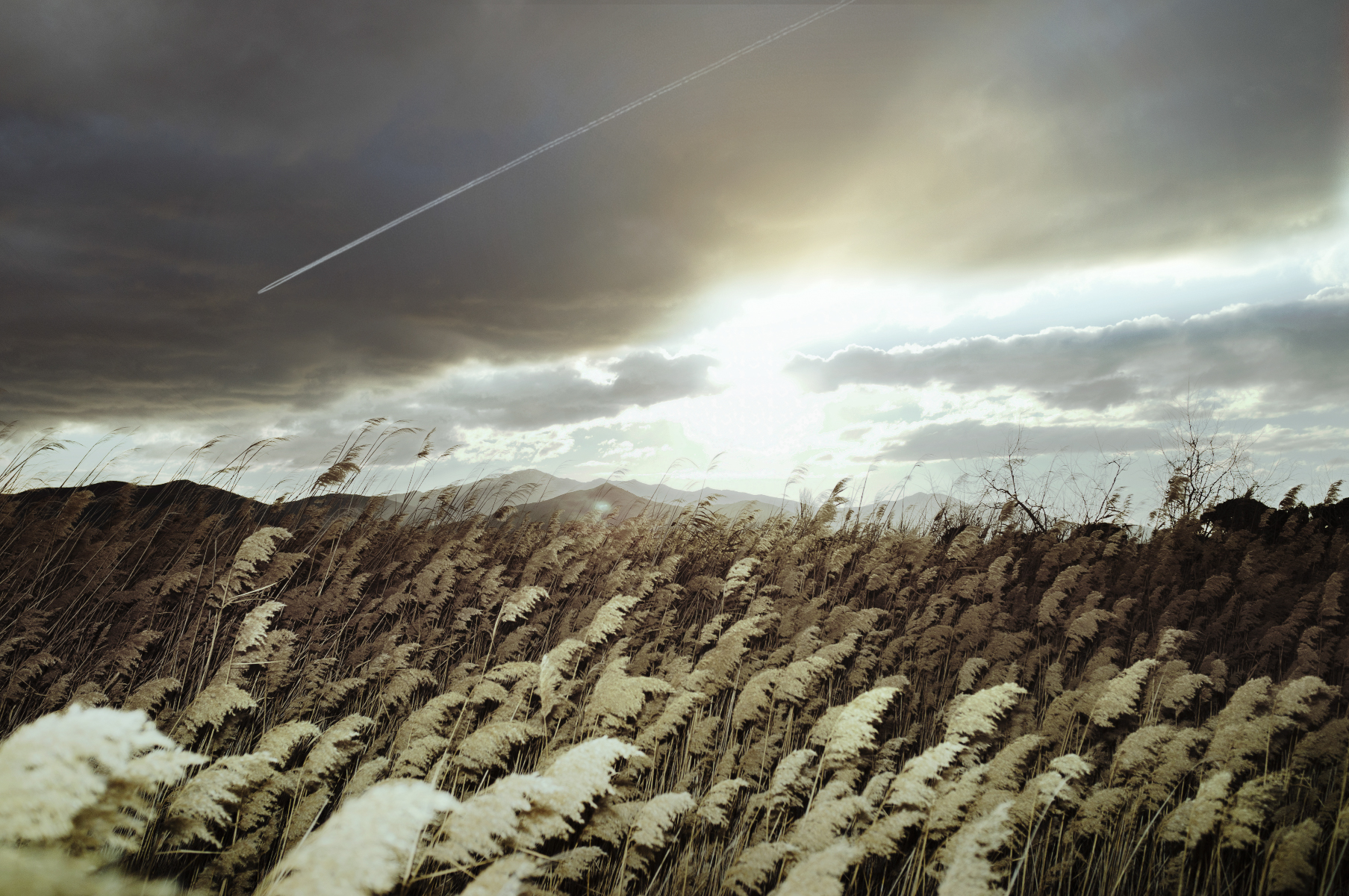
A landscape is an illimitable state. It’s not restricted within the visible area in front of our eyes, but it extends in an undefined distance, reaching for the limits of our interpretation over ourselves and the world around us. It is because every landscape is eventually defined as the vast open field where our thoughts and feelings are meeting with the outside world. It’s both an imaginary field and an actual reality, a perpetual state and a momentary revelation.
There is no beauty that is timeless but the timelessness of nature can reflect a new direction, maybe even a hope. It’s not a blissful silence but it’s an inspiring one.”
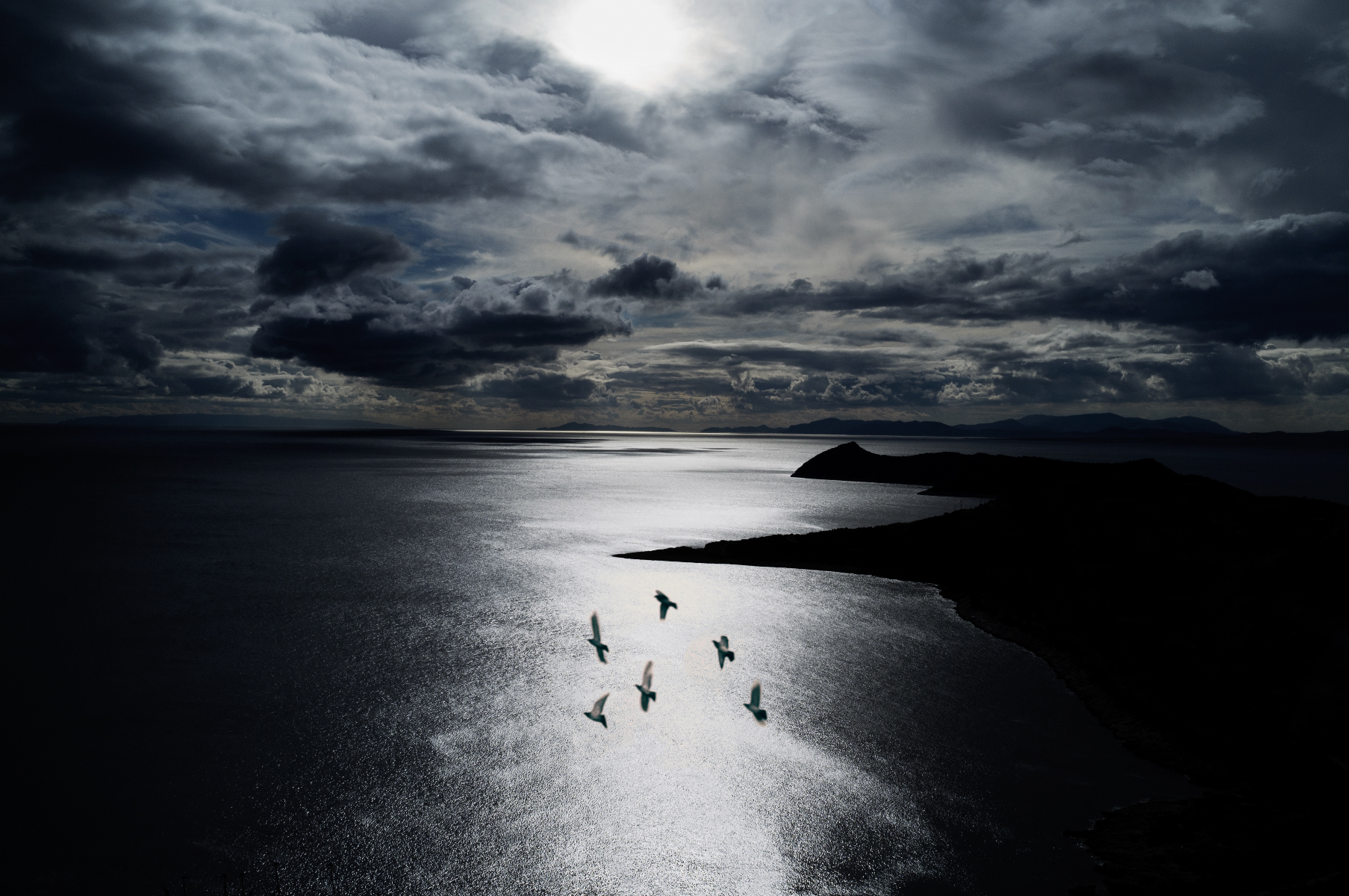
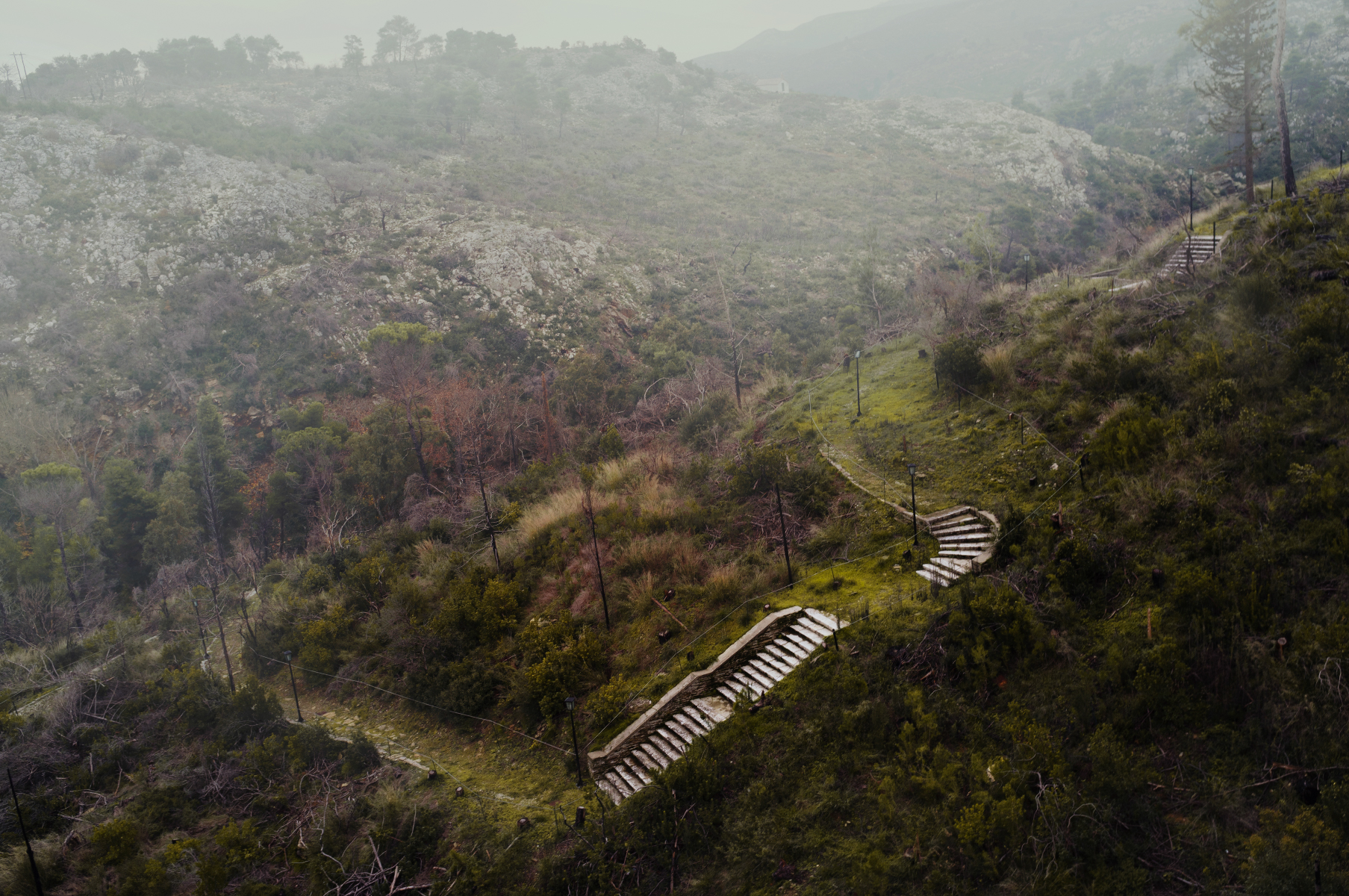
To view more of Petros’ work, please visit his website.